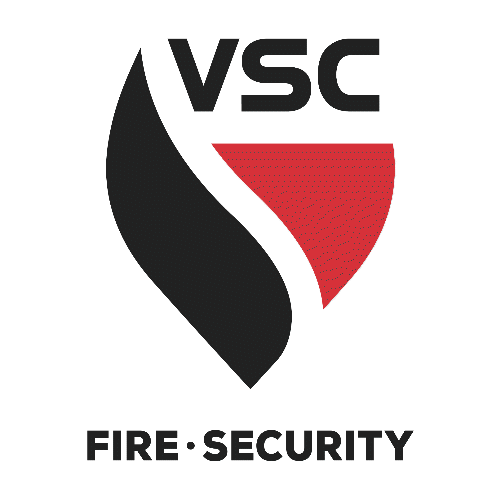
Hazard:
Over the next few months as temperatures increases so does your risk of heat illness. Outdoor exposure to sunlight, crawl spaces, attics, and other enclosed unventilated spaces put VSC employees at high risk. Physical
activity when working in these environments causes our bodies to overheat and can result in serious illness.
Why is it important to prevent heat illness?
- Heat illness can be a matter of life and death. Workers die from heat stroke every summer and every death is preventable.
- When heat stroke doesn’t kill immediately, it can shut down major body organs causing acute heart, liver, kidney and muscle damage, nervous system problems, and blood disorders.
- Having a serious injury or death occur at work affects everyone at a worksite.
- Workers suffering from heat exhaustion are at greater risk for accidents, since they are less alert and can be confused.
Heat exhaustion can often affect you before you even realize it, so it’s important to be very aware of the following signs:
- You may get a headache, experience dizziness, or faint.
- You could get weak or have wet skin.
- You may become irritable or confused.
- You may be thirsty, nauseous, or vomit. People react differently, so you may have just a few of these symptoms, or most of them.
- If you start to feel confused, or if you vomit or become faint, you may be having a more serious response.
Heat stroke:
- At this point, you may be confused, unable to think clearly, pass out, collapse, or have seizures (fits).
- You may stop sweating. Sweating is the main way our bodies cool off— so not sweating is a very serious emergency.
Conditions that can put you at greater risk:
- You aren’t used to working in heat or doing heavy work.
- You are new to working outdoors.
- You are not physically fit or are overweight.
- You drink alcohol or take drugs (illegal drugs or prescription medicine).
- You wear heavy, dark, or tight clothing, or use personal protective equipment.
- You had some early heat-related symptoms the day before.

Preventative Measures:
What you should do if you or a co-worker are having these symptoms:
- Notify the supervisor. The person needs medical help.
- Move the person to a cooler place to rest in the shade. Don’t leave the person alone.
- Little by little, give the person water.
- Loosen the person’s clothing.
- Help cool the person. Fan the peron, apply ice packs to the groin and underarms, or soak the persons clothing with cool water.
Be prepared to describe the symptoms and know how to describe your location to the emergency personnel so they can find you quickly. Don’t wait because heat exhaustion can quickly become more dangerous.
It is recommended that each person drink water often:
- It’s better to drink small amounts frequently, as opposed to larger amounts less often.
- Drink even if you don’t feel thirsty.
- Avoid drinks like sodas or coffee that have caffeine, or alcoholic drinks. These drinks dehydrate you and can make it more dangerous to work in the heat. Also avoid sports drinks as these contain too much sugar.
- People worry that if they drink a lot of water, they’ll have to go to the bathroom more often. In fact, you’ll mostly sweat it off.
- When you’re not at work, still drink plenty of water to help your body recover from the workday.
- During a heat wave, it is recommended to provide more frequent breaks.


